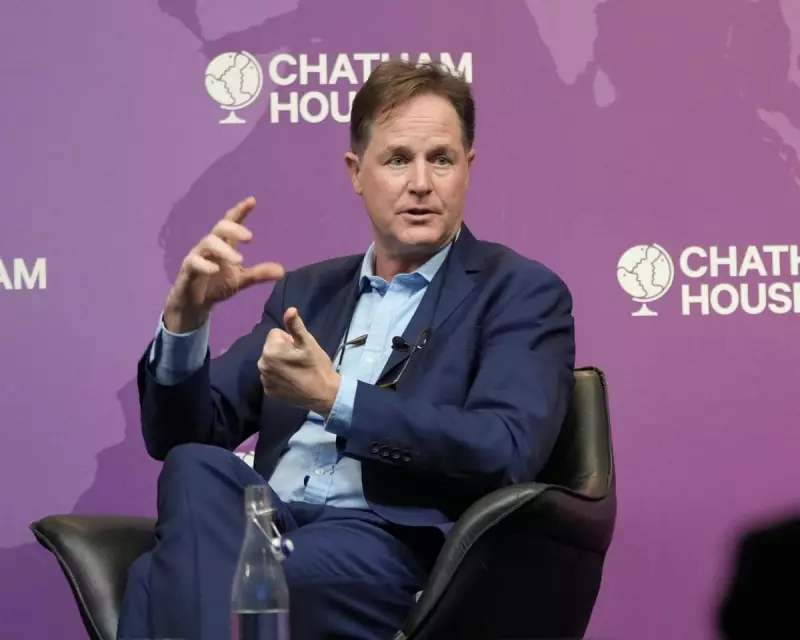
Former UK Deputy Prime Minister Nick Clegg, now a top executive at Meta, is at the centre of a political firestorm over a newly unveiled multibillion-dollar transatlantic tech agreement. The deal, intended to bolster data flows and digital trade between the UK and US, has been met with scathing criticism from American tech insiders.
Sources within Silicon Valley have derisively labelled the pact Britain's attempt to secure "sloppy seconds"—a desperate move to grab leftover concessions and regulatory crumbs from the larger US-EU bargaining table. The criticism suggests the UK is no longer a primary player in shaping global tech policy post-Brexit.
A Deal Under Scrutiny
The agreement, which Clegg has been heavily involved in promoting, aims to establish new frameworks for data sharing and digital commerce. Proponents argue it is essential for maintaining the UK's competitive edge and for the seamless operation of countless businesses that rely on transatlantic data transfers.
However, detractors argue the UK has significantly diminished leverage outside the European Union. The nation, they claim, is now forced to accept terms largely dictated by Washington and big tech interests, rather than negotiating from a position of strength.
The 'Sloppy Seconds' Allegation
The most damning critique comes from unnamed US officials and tech figures. They suggest that the UK's agreement merely mimics aspects of the EU-US Data Privacy Framework but without securing the same level of influence or favourable terms. This perception paints the UK government as a secondary player, scrambling for deals after the main event has concluded.
This narrative undermines the UK government's post-Brexit vision of becoming an independent, agile global leader in digital trade and regulation.
Clegg's Controversial Role
Nick Clegg's position has drawn particular scrutiny. His transition from a senior UK politician to President of Global Affairs at Meta places him in a unique—and many argue, conflicted—position. Critics question whether he is acting in the interest of his former constituents or his current corporate paymasters in Silicon Valley.
His advocacy for the deal is seen by some as a way to smooth regulatory pathways for Meta and other tech giants, potentially at the expense of robust data protection for UK citizens.
The controversy highlights the ongoing challenges the UK faces in defining its international role and negotiating power in a key industry after its departure from the European Union.





